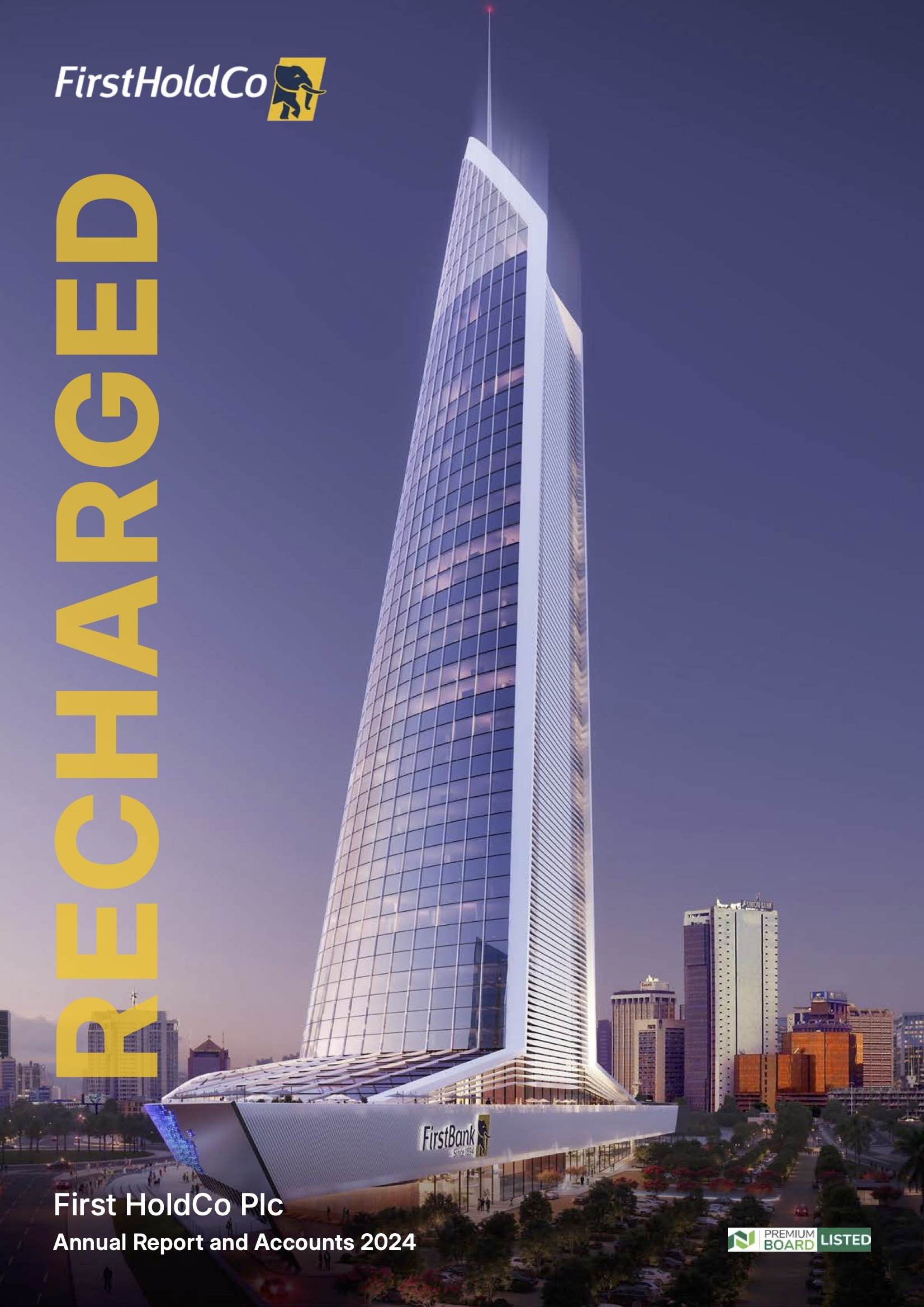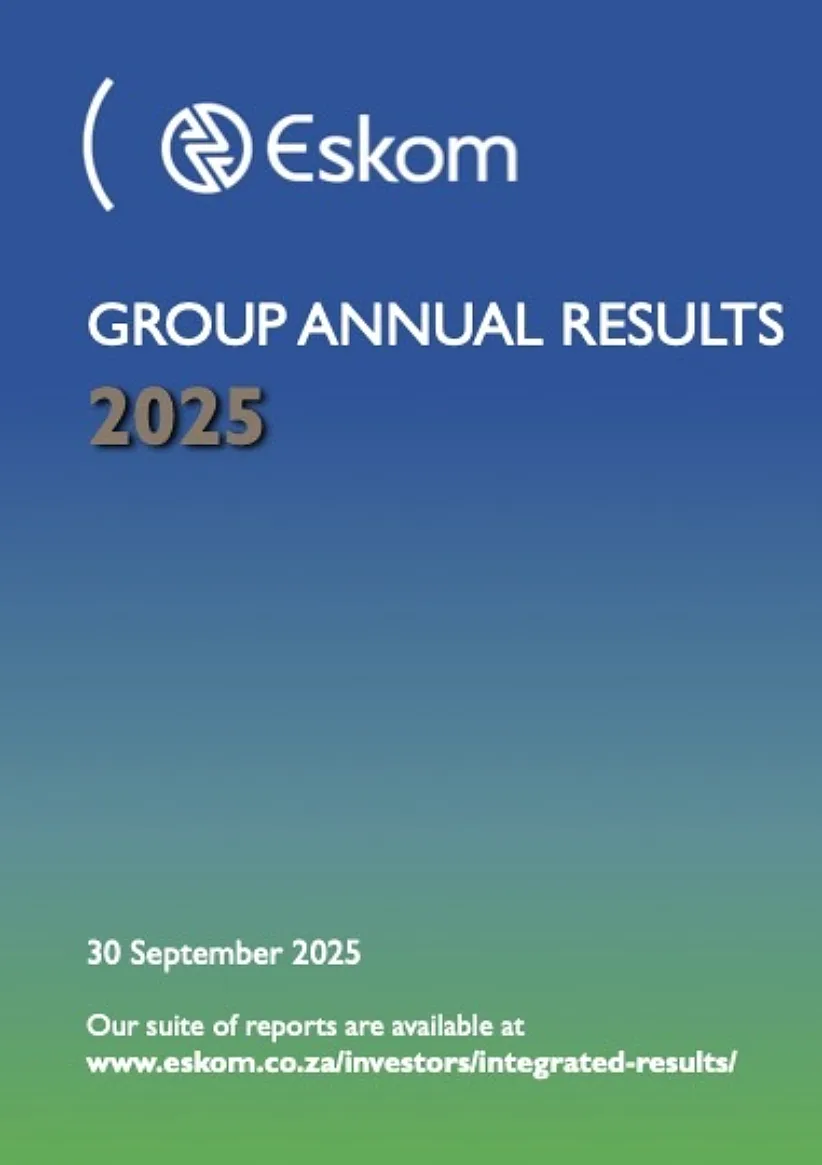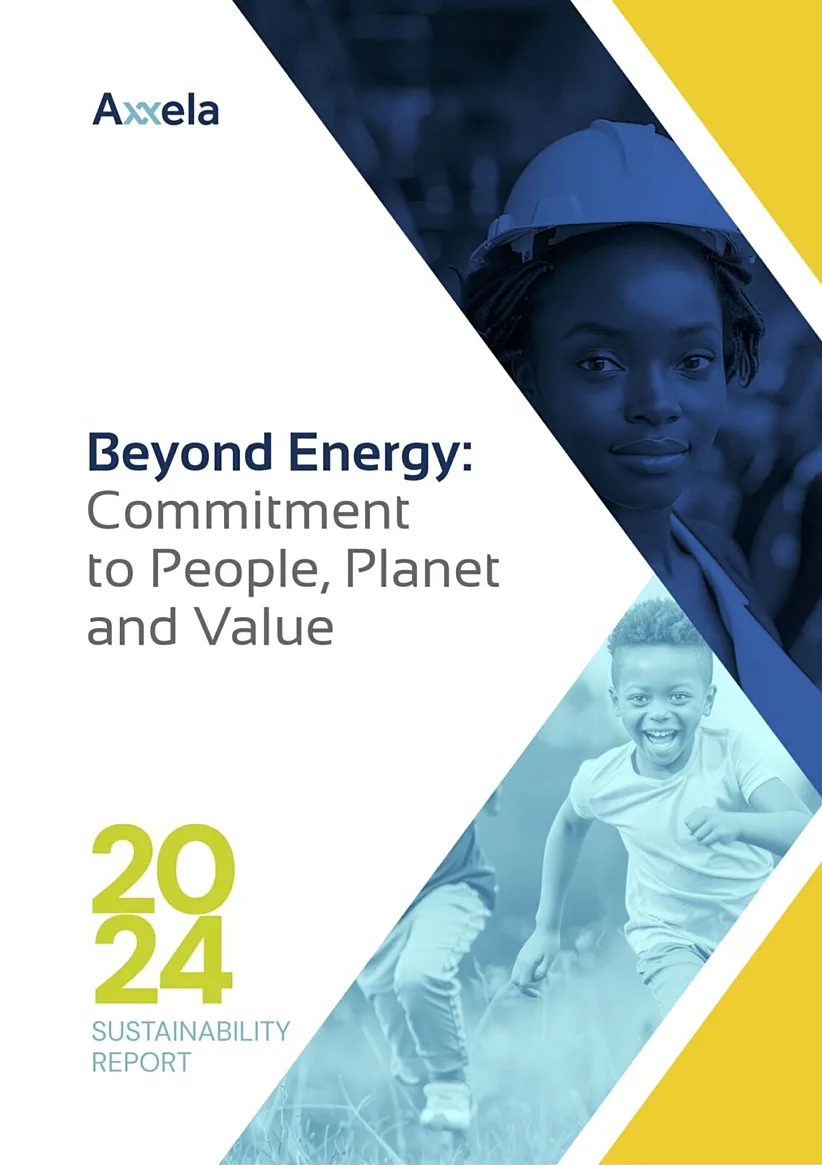Executive Summary: Sustainable Stories Advocates Review of FirstHoldCo Plc 2024 Sustainability Report
FirstHoldCo Plc’s 2024 abridged sustainability report outlines a comprehensive ESG strategy aligned with six key United Nations Sustainable Development Goals, including quality education, gender equality, decent work, reduced inequalities, climate action, and partnerships for the goals. The company’s initiatives span financial literacy campaigns, women’s empowerment through targeted banking services, expanded agent banking networks supporting over 42 million accounts, and climate mainstreaming efforts. While the primary impact is concentrated in Nigeria, FirstHoldCo’s subsidiaries across Africa and the UK are poised to adopt harmonized ESG policies, reflecting a commitment to scalable and integrated sustainability practices. Governance is robust, with ESG oversight embedded at the board level and operationalized through dedicated risk and sustainability units, supported by frameworks such as the Nigerian Sustainable Banking Principles and IFRS sustainability standards in progress.
The report highlights significant progress in marketplace inclusion, workplace diversity—with 51% female workforce representation and strong board diversity—and community engagement through education and health initiatives. Environmental efforts focus on solar power adoption and waste reduction. Key performance indicators include over 280,000 banking agents, 222 million monthly digital transactions, and high employee trust scores. Future priorities emphasize operational efficiency via automation, digital onboarding expansion, enhanced ESG advisory services, and a ₦350 billion recapitalization to support growth and ESG investments. FirstHoldCo’s materiality assessment prioritizes financial inclusion, employee development, ESG compliance, digital innovation, and corporate philanthropy, all integrated into its strategic framework. While climate-specific metrics remain limited, the company demonstrates a solid foundation for ESG scalability, risk management, and stakeholder engagement across its expanding footprint.
1. SDG ALIGNMENT
Aligned SDGs:
FirstHoldCo aligns with the following UN Sustainable Development Goals:
- SDG 4 – Quality Education
- SDG 5 – Gender Equality
- SDG 8 – Decent Work and Economic Growth
- SDG 10 – Reduced Inequalities
- SDG 13 – Climate Action
- SDG 17 – Partnerships for the Goals
Implementation:
- Promoted financial literacy during International Money Week in schools (SDG 4)
- Empowered women through the Quest Women’s Network and targeted banking services (SDG 5)
- Expanded employment and inclusion through its agent banking model (SDG 8, 10)
- Undertook climate mainstreaming and ESG awareness campaigns (SDG 13)
- Partnered with local and international stakeholders to advance inclusive finance (SDG 17)
Geographic Scope:
Core impacts were delivered across Nigeria and in subsidiaries across Africa and the UK. Future alignment will expand across all operating jurisdictions via harmonised group ESG policies.
2. ESG MANAGEMENT
Governance Structure:
- ESG oversight is embedded in board-level governance and managed through risk and sustainability units across subsidiaries.
- CEO-led initiatives focus on climate strategy and human capital engagement.
- Each subsidiary—including banking, asset management, trusteeship, insurance—has its own ESG implementation strategy aligned with group directives.
Frameworks Referenced:
- Nigerian Sustainable Banking Principles (NSBP)
- IFRS Sustainability Disclosure Standards (in-progress integration)
- Internal ESG policies and reporting guidelines tailored to business units
Notable Tools:
- Bank-wide ESG awareness training
- Internal ESG podcast series
- Integration of sustainability into digital onboarding and service delivery
3. INITIAL AREAS OF IMPACT
Key Sustainability Programmes:
- Financial Inclusion: Over 280,000 FirstMonie agents deployed in 772 local government areas (LGAs); 42.5 million accounts supported
- Education & Health: SPARK campaign, education-focused charity walks, staff health checks
- Digital Equity: Self-service kiosks, virtual debit/credit card rollout, diaspora digital onboarding
- Diversity & Inclusion: GPTW certification; “Best Workplace for Women”; inclusive HR practices
- Climate Awareness: Internal climate risk mainstreaming, ESG training, environmental footprint reviews
4. METRICS FOR DEFINITION
ESG Performance Indicators:
- 280,000+ banking agents (2024) vs. 233,500 (2023)
- 42.5 million+ customer accounts
- 817 physical business locations
- 222 million+ monthly digital transactions
- 3,117 ATMs and 12.5 million cards issued
- 96% employee trust and engagement scores (GPTW)
- 91% customer satisfaction score (insurance subsidiary)
- Platinum GPTW certification across Group
No specific GHG or waste reduction targets were stated in the abridged section.
5. AREAS OF FOCUS
Future Strategic Sustainability Priorities:
- Operational Efficiency: Streamline internal processes with automation (RPA), expand self-service infrastructure
- Expansion: Continue growth in digital onboarding, diaspora banking, and regional presence
- ESG Strategy Deepening: Expand sustainability education and client ESG advisory
- Recapitalisation & Growth: Secure additional ₦350 billion to support future expansion and ESG-aligned investments
- Unified Branding: Consolidate under the “FIRST” brand to improve stakeholder visibility and governance
6. MATERIALITY CONCEPTS
Material Priorities Identified:
- Financial inclusion and SME access
- Employee development and engagement
- ESG compliance and advisory to clients
- Digital innovation and cybersecurity
- Diversity, equity, and inclusion
- Corporate philanthropy and stakeholder impact
These priorities are reflected in Group strategy and are implemented across subsidiaries via tailored interventions in education, fintech access, gender equality, and community support.
7. SUSTAINABILITY RISK MANAGEMENT CONCEPTS
Risk Management Approach:
- Credit and operational risk assessments include ESG dimensions
- Reclassification of oil & gas portfolio exposures led to a spike in NPL to 10.2%, addressed with recovery strategies
- Ongoing adjustments to internal controls across subsidiaries
- Cybersecurity controls and certifications updated; FirstBank awarded "Financial Institution of the Year" by CSEAN
Risks Identified:
- Inflation and FX volatility
- Supply chain and geopolitical disruptions
- Sectoral credit risks (energy, oil & gas)
- ESG non-compliance exposure for clients and counterparties
8. SUSTAINABILITY STRATEGY CONCEPTS AND MANAGEMENT
Strategic Approach to ESG Implementation:
- Embedded ESG across subsidiaries via business unit-level ESG strategies
- Pillars include Sustainable Finance, Environmental Footprint, People Empowerment, and Community Engagement
- HR and People Strategy incorporates ESG with diversity and wellbeing focus
Key Execution Points:
- Adopt digital tools for ESG reporting and training
- Integrate ESG into credit and risk decision-making
- Scale up customer ESG advisory offerings
- Maintain employee education through LDP and ESG e-learning
- Sustain certification under GPTW and strengthen workplace culture
- Align group-wide metrics to evolving IFRS and NSBP requirements
FirstHoldCo’s abridged 2024 sustainability report presents a broad-based approach to ESG integration, backed by financial inclusion milestones, internal cultural transformation, and expanding digital and regional reach.
While quantitative climate metrics and targets remain limited in this section, its focus on agent networks, diversity, and digital access demonstrates a strong foundation for ESG scalability and comparability across the sector.





